Generative AI in APAC Hospitals: 2024 Updates and Statistics
APAC hospitals see GenAI boom. $100B savings by 2025. Boosts medical care & staff efficiency.


Generative AI in APAC Hospitals: 2024 Updates and Statistics
The integration of generative AI (GenAI) into healthcare is steadily transforming hospitals across the Asia-Pacific (APAC) region, introducing new efficiencies, enhancing patient care, and addressing critical workforce shortages.
But how exactly is this technology being applied, and what can the numbers tell us about its impact?

Check this out! Doctor AI: The Rise of Generative AI in Healthcare
Growing Adoption of Generative AI in APAC Hospitals
Generative AI is quickly becoming a central tool for hospitals across APAC.
Almost half (49.6%) of healthcare providers in the region are planning to invest in GenAI, particularly for use cases such as patient interaction, knowledge management, and marketing.
Additionally, around 36% of healthcare leaders are currently investing in GenAI technologies, with 62% planning to do so over the next three years—significantly higher than the global investment average of 29%.
Generative AI is being deployed across various APAC countries with notable enthusiasm:
- Indonesia: 74% of healthcare leaders show interest in GenAI investments.
- Singapore: 64% of healthcare leaders are focused on adopting GenAI.
- Australia: 49% have plans to incorporate GenAI in healthcare operations.
More on Generative AI here: Generative AI Explained: Create Anything with AI in 2024
Real-World Impact: Workflow Automation and Staff Productivity
The practical applications of Generative AI in APAC hospitals are addressing pressing operational needs.
In Taiwan, for example, Chi Mei Medical Center’s AI copilot has increased the number of patients that pharmacists can attend to daily from 15 to 30, showcasing a 100% productivity boost.
Similarly, a recent survey revealed that 45% of APAC healthcare organizations have implemented workflow optimization through AI to streamline operations.
In Hong Kong, the Hospital Authority (HA) has implemented 15 AI models that perform critical tasks, such as analyzing 2,000 X-ray images daily and generating timely clinical reports.
The HA’s integration of GenAI has been essential in high-demand areas, including:
- Radiology: 79% adoption of AI in radiology for faster diagnostics.
- Pathology: 79% of healthcare providers use AI to support pathology workflows.
- Clinical command centers: 83% implementation for real-time patient monitoring.
These technologies are helping healthcare professionals manage workloads and reduce patient wait times, with up to 92% of healthcare leaders in APAC acknowledging financial constraints that impact timely, high-quality care.

Financial Projections and Economic Benefits of GenAI
The economic impact of GenAI in APAC healthcare is substantial, with IDC projecting annual savings of $100 billion across the region by 2025.
This reduction is expected through increased clinician efficiency, workflow automation, and overall operational improvements.
In Taiwan, for example, GenAI has allowed pharmacists and nurses to streamline administrative tasks, ultimately freeing up to 10% of clinician time—an invaluable resource in a system where the average doctor works 69 hours per week, well above the recommended limit. Additionally:
- $48 billion in projected generative AI revenue by 2030 across the APAC region, up from $5 billion in 2024.
- Healthcare spending in APAC is expected to grow over 20% globally by 2030, with AI-driven efficiencies anticipated to offset some of the financial burden on healthcare systems.
More on GenAI in APAC hospitals here: Market Growth Transforming Healthcare with AI Chatbots, GenAI, and LLMs
Addressing Workforce Shortages and Enhancing Patient Care
The APAC region is facing a healthcare workforce crisis.
Staff shortages have impacted patient care, with 71% of healthcare leaders citing concerns about delays due to understaffing. Generative AI is helping to bridge this gap, taking over repetitive administrative tasks and allowing clinicians to focus more on direct patient care.
A study by Royal Philips highlighted that 91% of APAC healthcare facilities are now using AI for preventive care, while 87% have adopted it for remote patient monitoring.
With GenAI, healthcare providers are also making strides in clinical decision support:
- Treatment planning: 89% adoption of AI for personalized treatment strategies.
- Medication management: 90% of providers have implemented AI to improve medication management and safety.
- In-hospital patient monitoring: AI adoption at 89% for improved patient oversight.
Tackling Ethical Challenges and Ensuring Data Transparency
Despite the clear benefits, GenAI adoption comes with concerns, particularly around data bias and ethical considerations.
Up to 95% of healthcare leaders in APAC are worried about data bias in AI applications, which could inadvertently lead to disparities in health outcomes. To address this, 61% of healthcare organizations are implementing data ethics requirements, while 14% are already compliant.
As GenAI applications continue to grow, APAC healthcare providers are focusing on explainability and transparency to build trust with patients. For instance:
- Data transparency initiatives: Over 40% of APAC providers have prioritized data security and privacy, emphasizing the need for compliance with local laws.
- Patient consent management: Several hospitals are integrating consent protocols within AI systems to allow patients more control over their data

A Look into the Future: GenAI’s Expanding Role in Healthcare
The future of generative AI in APAC hospitals looks promising.
Hospitals are exploring new applications that could further transform patient experiences and care quality. Upcoming trends include:
- Enhanced clinical decision support
- GenAI applications will increasingly aid in diagnostics, with APAC hospitals projected to see a 60% rise in AI adoption for diagnostics by 2026.
- Patient interaction improvements
- By 2027, 60% of APAC healthcare organizations aim to use GenAI to hyper-personalize patient interactions, from follow-up care to appointment scheduling.
- Integrated patient data platforms
- By 2028, 50% of healthcare providers in advanced APAC economies are expected to implement digital platforms for more accurate patient journey tracking and management.
Transforming APAC Healthcare One AI Application at a Time
The uptake of generative AI in APAC hospitals is not just a technological advancement; it’s a fundamental shift in how healthcare is delivered.
While challenges around data bias, ethics, and cost remain, the benefits—ranging from streamlined workflows to enhanced patient interactions—underscore GenAI’s potential in reshaping healthcare.
With projected savings of $100 billion and a rapidly growing adoption rate, it’s clear that generative AI is not just a trend; it’s the future of healthcare in the Asia-Pacific region.
Will APAC’s healthcare systems fully embrace this transformation, or will lingering challenges slow down widespread adoption? Only time will tell, but one thing is certain: generative AI is here to stay, and its impact on patient care and healthcare efficiency is just beginning.
Bring Generative AI to Your APAC Hospital with Makebot
Ready to revolutionize patient care? With Makebot's cutting-edge generative AI solutions, APAC hospitals can achieve:
- Efficient clinical decision-making
- Streamlined patient documentation
- Improved patient interaction with cost-optimized, hybrid LLM technology
Our AI-driven chatbots, already trusted by over 1,000 clients across industries, are tailored to fit your healthcare needs, delivering precision, reliability, and speed. From advanced clinical summaries to real-time patient insights, Makebot’s LLM solutions support healthcare professionals and enhance patient experience.
Contact Us Today
Lead the age of Generative AI in healthcare with Makebot. Submit a consultation request, and an expert will connect with you promptly to discuss your hospital's transformation!
📧 LLM & Chatbot Inquiries: b2b@makebot.ai

Studies Reveal Generative AI Enhances Physician-Patient Communication






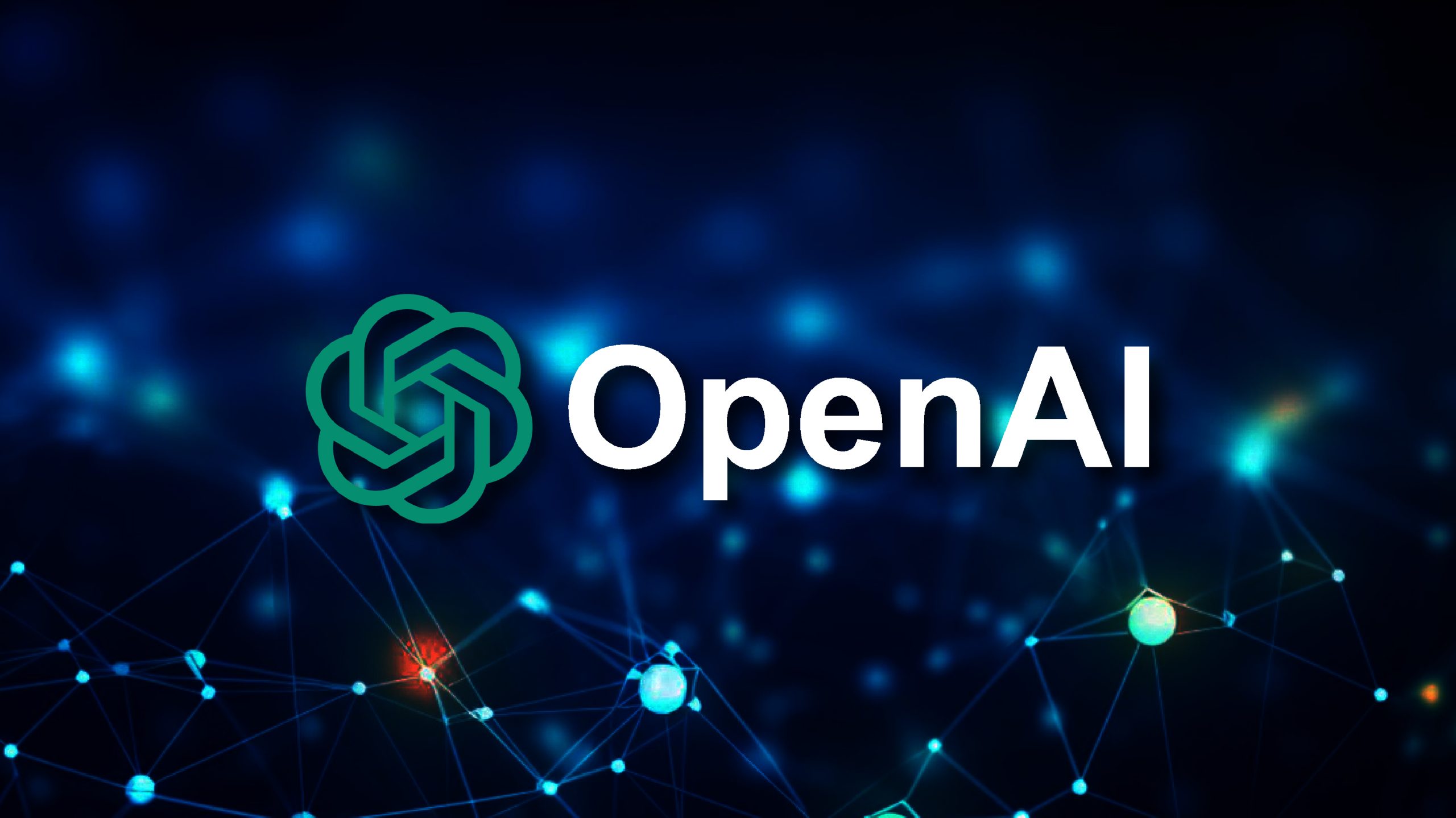



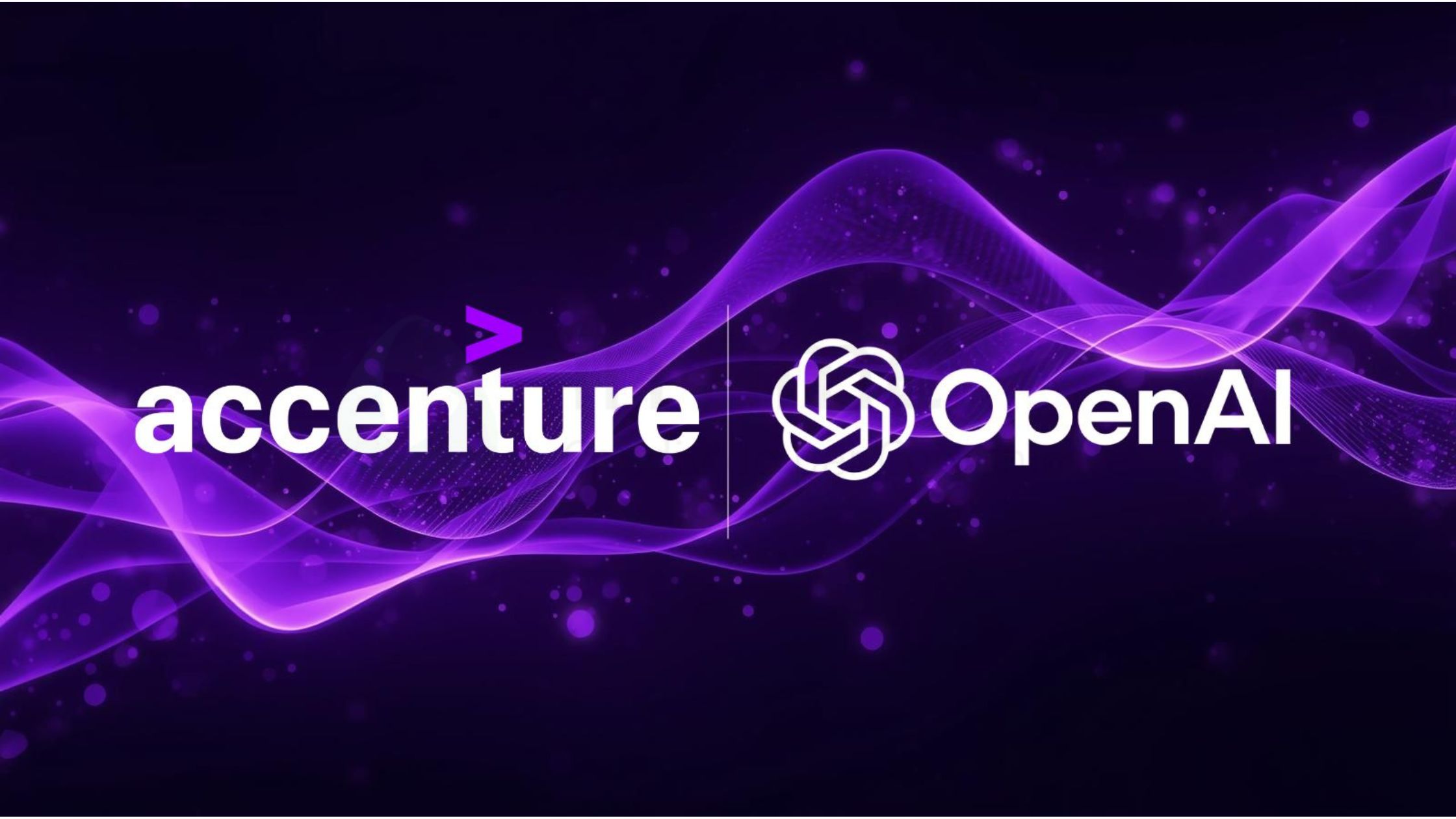
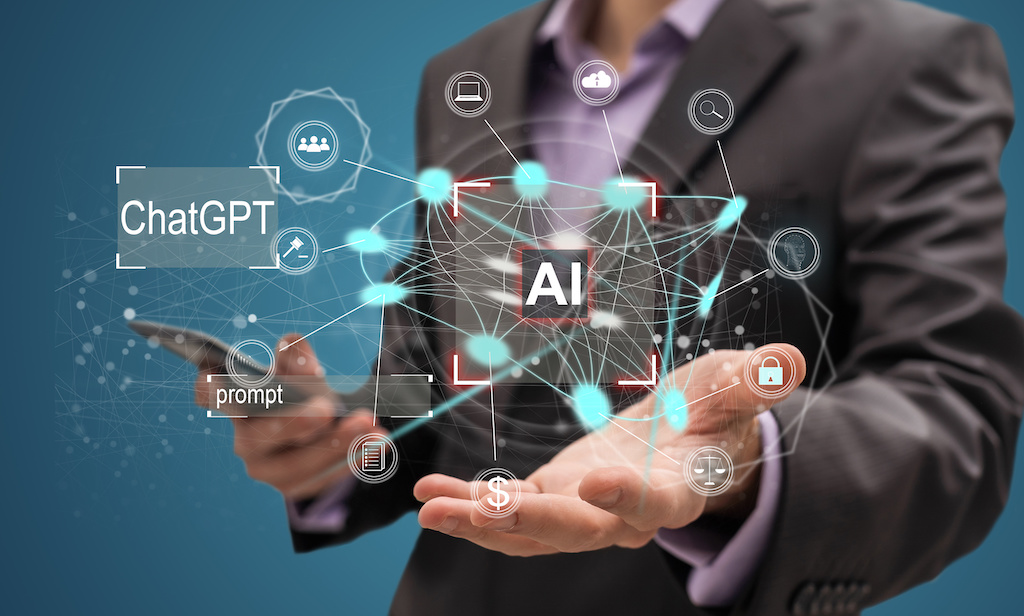









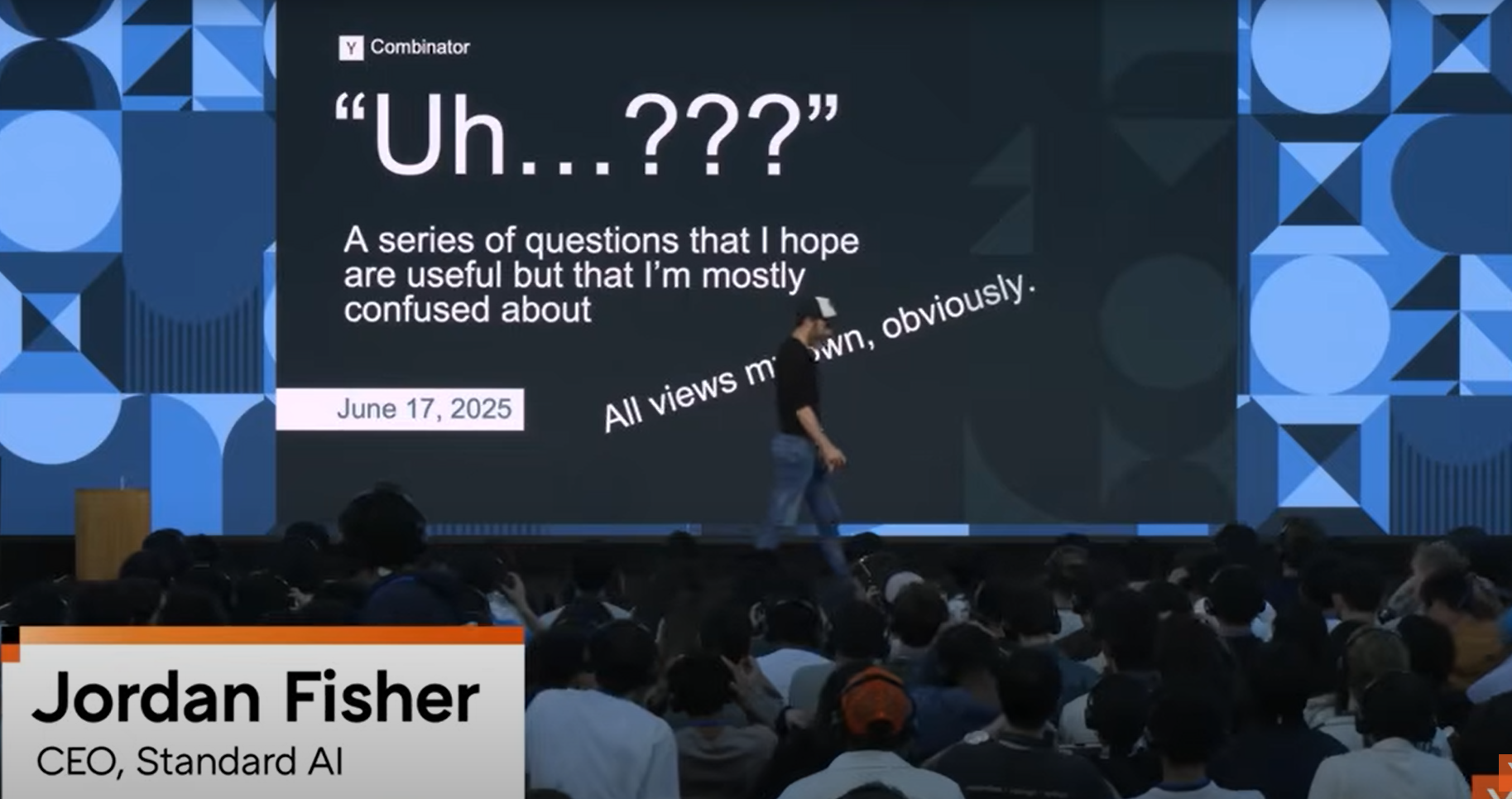










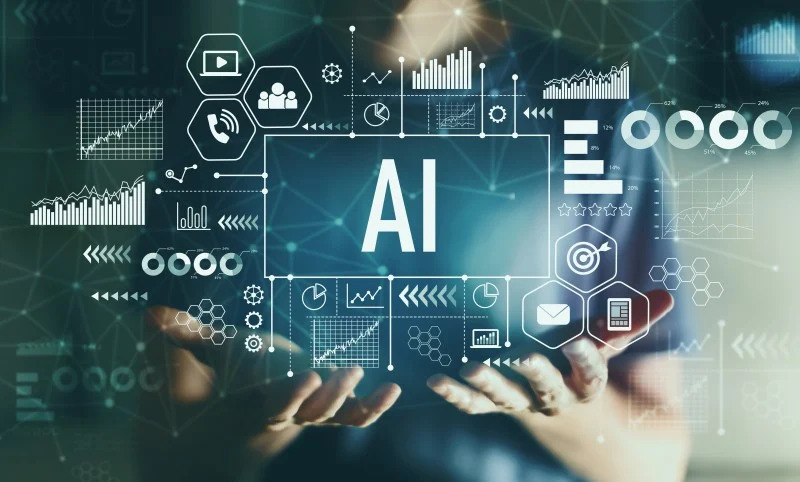









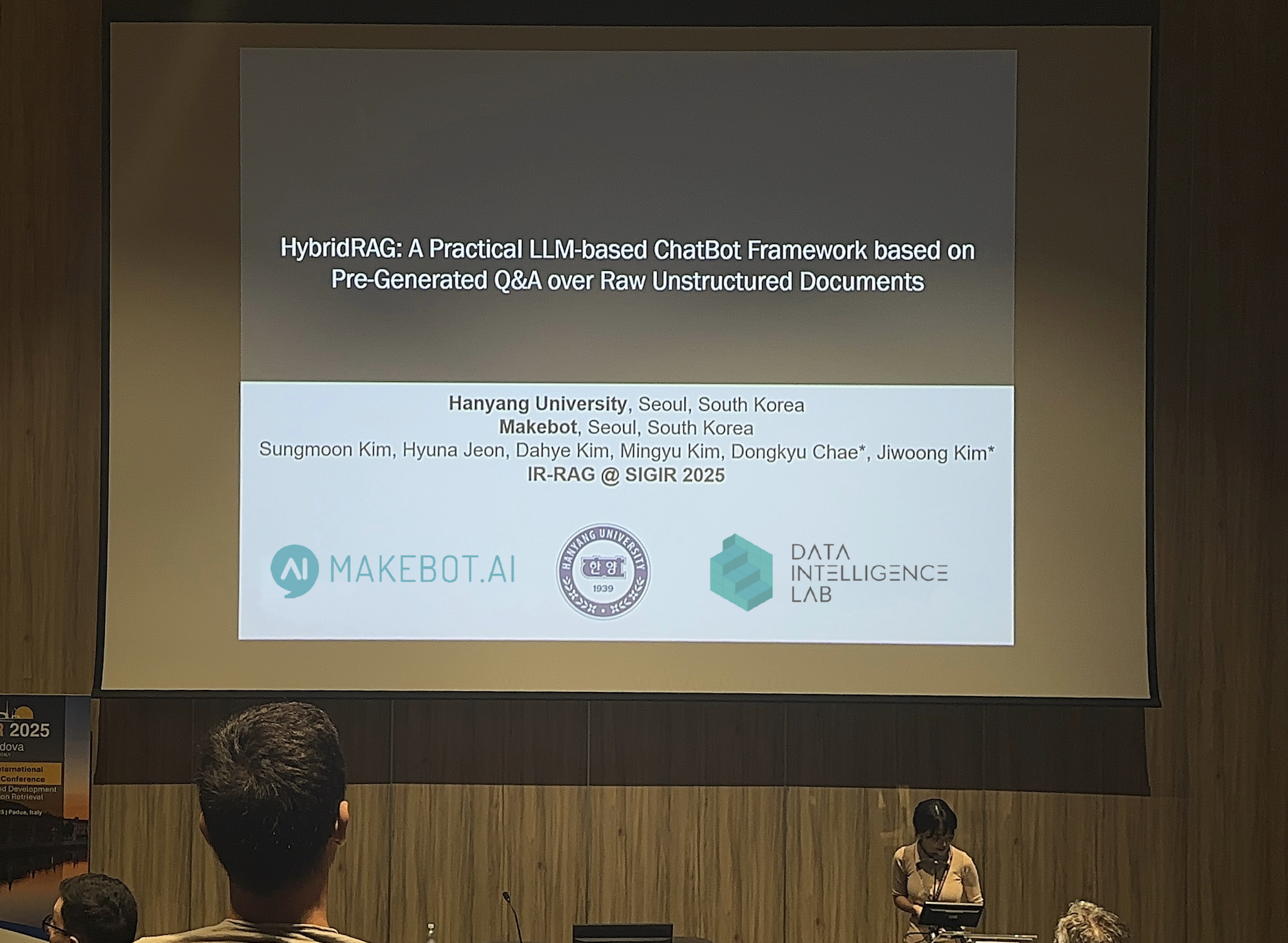









_2.png)


















.jpg)


























